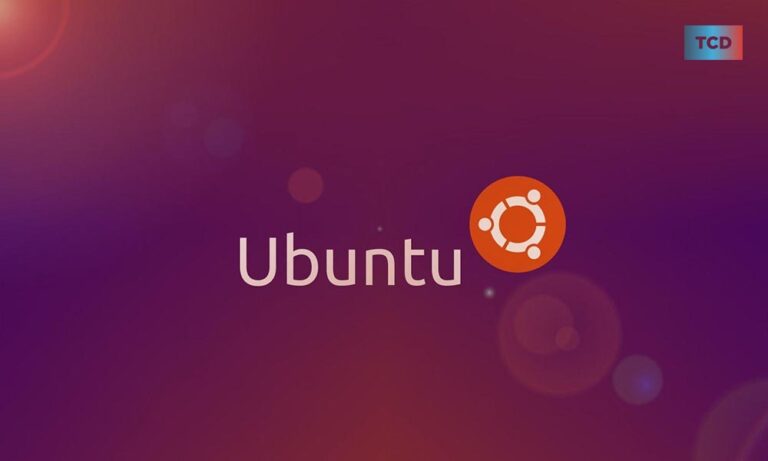Synopsis-
“Ultra-small OCI images known as “chiselled Ubuntu containers” include just the programme and its runtime dependencies— libraries, or packages.”
Canonical unrolled chiselled Ubuntu containers that include the security maintenance and support commitment of Canonical.
What is Chiselled Ubuntu and How does It Perform?
Ultra-small OCI images known as “chiselled Ubuntu containers” include just the programme and its runtime dependencies—no additional operating system-level utilities, libraries, or packages. This makes them safe, effective in using resources, and easy to maintain and operate.
Popular toolchains like Java,.NET, and Python have pre-built images available in Canonical’s svelte Ubuntu range. The business and Microsoft have been collaborating closely to deliver chiselled containers that are reliable and supported for.NET 6 and 7. Earlier this month, at the Ubuntu Summit, support for.NET 8 was also announced.
Rich Lander, Program Manager, .NET at Microsoft, said, “There has always been a need for smaller and tighter images. Developers remind us, as a base image provider, of that on a regular basis.”
Chiselled Ubuntu containers offer a reliable source and the best developer-to-production experience, which boosts team output and improves application security. The open source package manager “Chisel,” which is user-friendly for developers, is the brains behind these containers. With it, developers may create incredibly tiny file systems with extreme precision.
Chisel utilizes a carefully selected set of Slice Definition Files. These files are linked to the upstream packages found in the Ubuntu archives and describe one or more slices for each package. A package slice specifies a portion of the package’s contents, which includes its maintainer scripts and dependencies, that are required during run-time.
What is Canonical?
Canonical is an London-based software development company that delivers open source to the world faster, more cost-effectively and more securely than its competitors. It is the publisher of Ubuntu, one of the most popular enterprise Linux from cloud to edge in the world.






